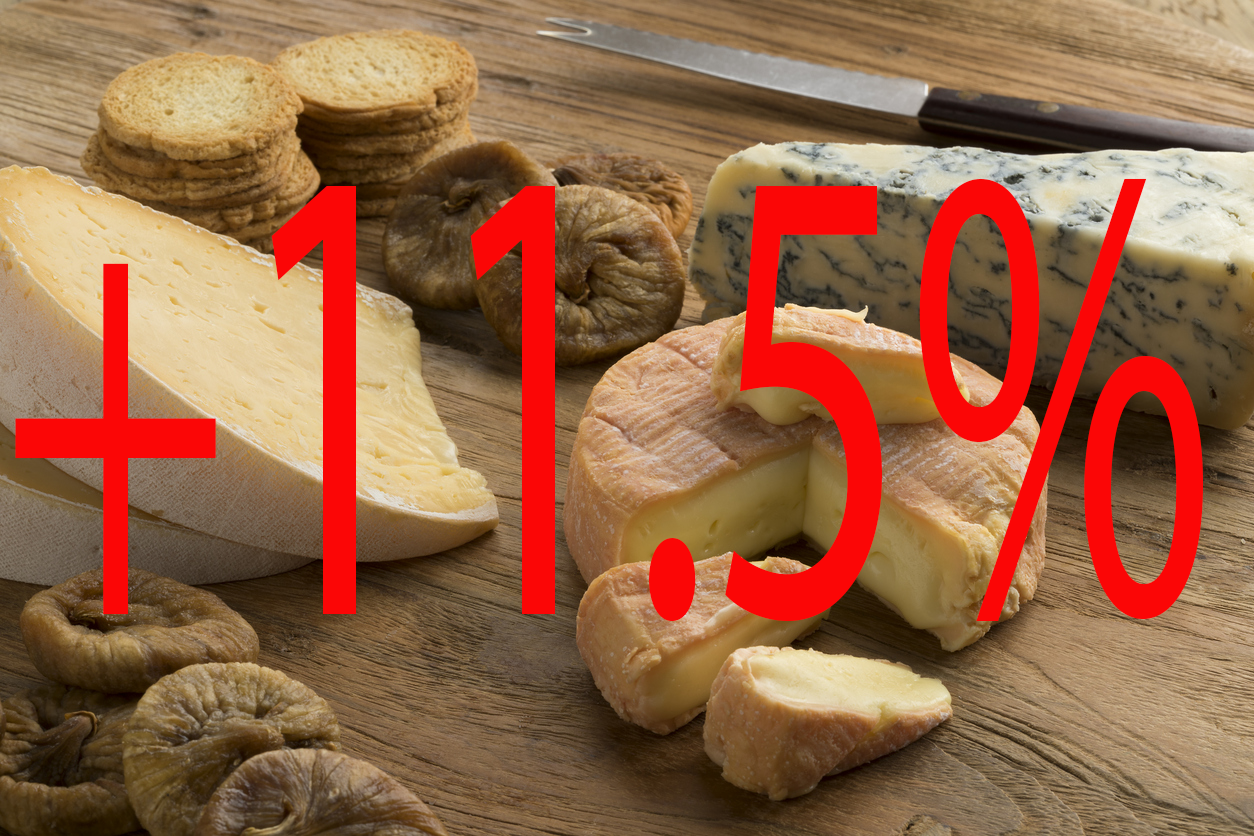The agenda to fix the euro is hampered by conflicting national interests. Creditor countries demand fiscal house cleaning and debtor countries ask for risk sharing. There is currently a political deadlock about how the adjustment burden should be distributed, perpetuating a state of vulnerability that is not in the collective interest of euro area members. This column, part of the Vox debate on euro area reform, argues that overcoming this coordination failure requires reforming the political governance of the EU, rather than just its economic governance. This post has been first published on VoxEU. Anne-Laure Delatte >>> |
- Fixing the euro needs to go beyond economics
Anne-Laure Delatte - Let their people come: Migrants as drivers of knowledge diffusion
Dany Bahar, Hillel Rapoport - Lifting the lid on the black box of informal trade in Africa
Joachim Jarreau, Cristina Mitaritonna, Sami Bensassi - Banks Defy Gravity in Tax Havens
Vincent Bouvatier, Gunther Capelle-Blancard, Anne-Laure Delatte
- On the competitiveness effects of quality labels: Evidence from the French cheese industry
Sabine Duvaleix-Treguer, Charlotte Emlinger, Carl Gaigné, Karine Latouche - Deviations in real exchange rate levels in the OECD countries and their structural determinants
Martin Berka, Daan Steenkamp - The third demographic dividend: measuring the “demographic tax” in the Arab Countries in Transition
Gilles Dufrénot - Looking for the Bright Side of the China Syndrome: Rising Export Opportunities and Life Satisfaction in China
Matthieu Crozet, Laura Hering, Sandra Poncet - Do Global Value Chains Amplify Global Imbalances?
Antonia López-Villavicencio, Valérie Mignon - Currency Misalignments and Economic Growth: The Foreign Currency-Denominated Debt Channel
Carl Grekou
- World Economy
Exporting creative and cultural products: Birthplace diversity matters!
Gianluca Orefice, Gianluca Santoni - Journal of International Economics
The international elasticity puzzle is worse than you think
Lionel Fontagné, Philippe Martin, Gianluca Orefice - Journal of Economics and Management Strategy
Exporting firms and retail internationalization: Evidence from France.
Angela Cheptea, Charlotte Emlinger, Karine Latouche - Journal of Economic Dynamics and Control
A model of fiscal dominance under the "Reinhart conjecture"
Gilles Dufrénot, Fredj Jawadi, Guillaume Khayat - Journal of African Economies
Growth-enhancing effect of openness to trade and migrations: What is the effective transmission channel for Africa?
Dramane Coulibaly, Blaise Gnimassoun, Valérie Mignon
The CEPII at the Asia Europe Economic Forum (AEEF)
October 18, 2018
XVI ELSNIT Annual Conference : Technology and Trade
October 25 - 26, 2018
The CEPII at EconPol Europe’s Annual Conference 2018 "International Trade and Protectionism"
November 19, 2018
1st Workshop in the series on "Migration, Globalization and the Knowledge Economy"
November 28, 2018
Immigration in OECD Countries - 8th Annual International Conference
December 10 - 11, 2018
Theories and Methods in Macroeconomics (T2M) - 23rd Conference
March 22 - 23, 2019
Let their people come: Migrants as drivers of knowledge diffusion Migration, particularly skilled migration, is a driver of knowledge diffusion and it can induce productivity shifts as measured by new exports. Based on our work, there are many reasons to believe that migration may actually be a highly effective driver of knowledge diffusion across borders. This is, if anything, the most important conclusion of our study. Therefore, this study carries important policy implications. Since knowhow and technology are the most important determinant of productivity growth, policies incentivising temporary migration, for example, may be a highly efficient way for firms and countries to access new knowledge. Further investigation of the type of migration policies that would be most effective for this purpose is, in fact, a crucial part of our ongoing research agenda. Dany Bahar & Hillel Rapoport >>> |
The paper questions the impact of geographical indication labels on firm export competitiveness in the French cheese and cream industry. We use firm level data from the French custom and an original dataset of firms and products concerned by Protected Designations of Origin (PDO). Our estimations show that PDO labeling allows firms to increase their price by 11.5% on average. Moreover these products are perceived by consumers as products of better quality than non-PDO products. Regarding trade margins, while the effect on trade volume (the intensive margin of trade) is not significant, PDO labeling increases the probability of serving a foreign country (the extensive margin of trade). Our estimations show that exports of PDO products would increase by 11.4% if non-EU consumers value PDO label as much as EU consumers. Sabine Duvaleix-Treguer, Charlotte Emlinger, Carl Gaigné & Karine Latouche >>> |
- Contact us
- Our other sites
 |
ISSN: 1255-7072
Editorial Director : Antoine BouëtManaging Editor : Dominique Pianelli













